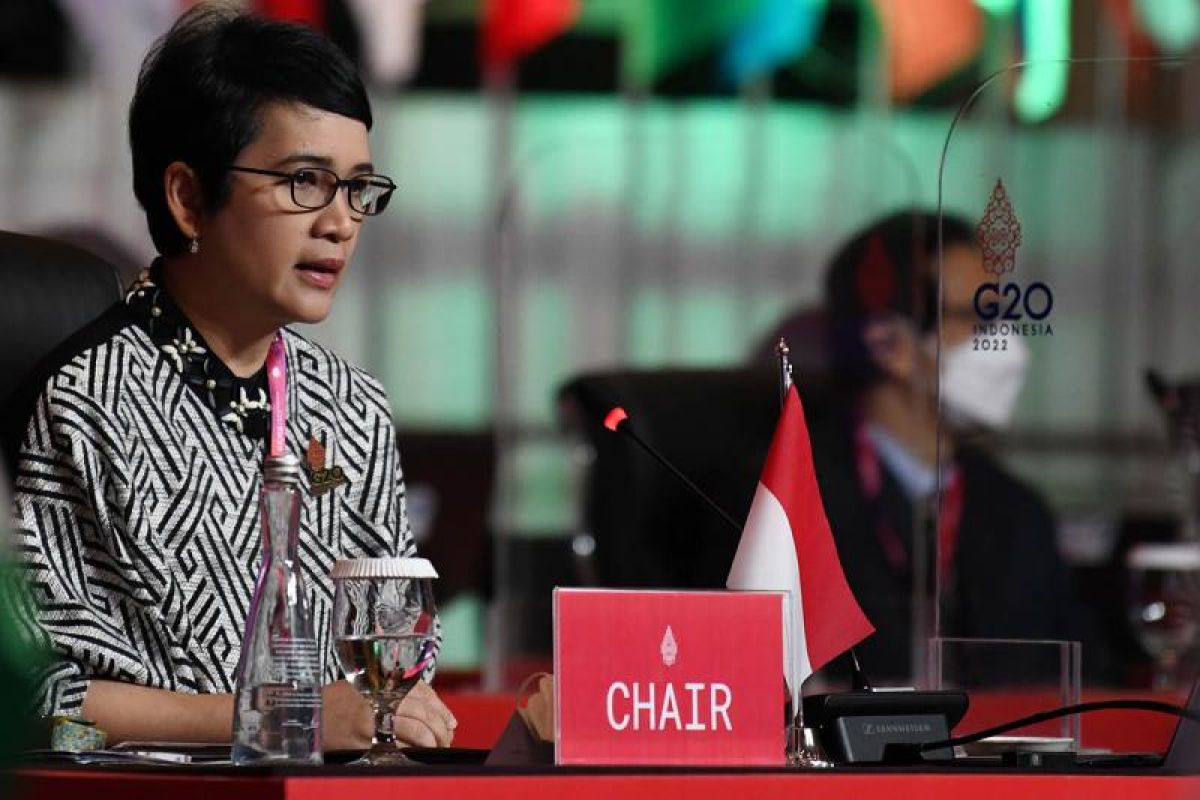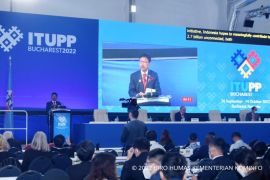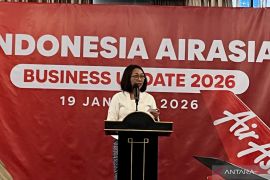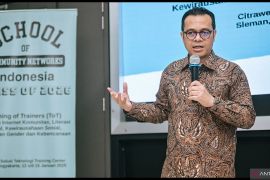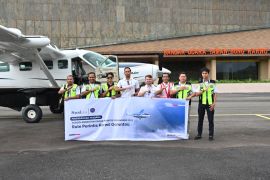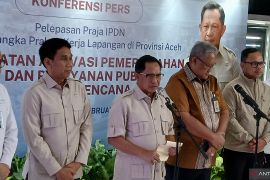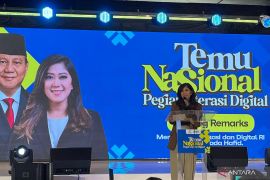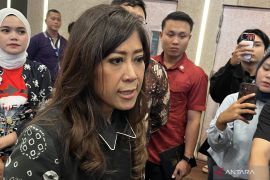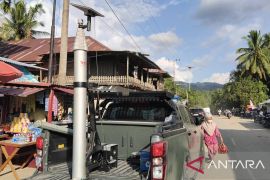Digital activities have also been expanded and intensified, as people started using the internet to work, transact, interact, and learnJakarta (ANTARA) - Chair of the G20 Digital Economy Working Group (DEWG) Mira Tayyiba encourages every country to have in place a digitalization strategy to realize inclusive digital transformation.
"The use and advancement of digital technology is important to ensure that no one is left behind, and there will be no lost young generation," Tayyiba stated during the Workshop on Tools to Measure Digital Skills and Digital Literacy in Yogyakarta, as quoted from the press release, Friday.
The DEWG is part of the Indonesian G20 Sherpa Track. The working group was mandated to discuss the implementation of an interconnected, protected, and safe digital technology to develop an inclusive, resilient, and sustainable digital economy.
The second DEWG meeting, under Indonesia's G20 presidency, held in Yogyakarta on May 17-19, 2022, discussed the issue of digital connectivity.
Related news: Second G20 DEWG focuses on digital connectivity for recovery
As the chair of the 2022 G20 Presidency, Indonesia has encouraged the 2022 G20 DEWG participants to discuss three priority issues: digital connectivity and post-COVID-19 recovery; digital skills and digital literacy; as well as cross-border data flow and trusted free data flow.
Tayibba later noted that the COVID-19 pandemic was accelerating the process of digital transformation that has been going on for years. She views that this condition would create various forms and landscapes that supported innovation and technology adoption.
The International Telecommunication Union (ITU) in 2021 estimated that 4.9 billion people in the world were using the internet.
"Digital activities have also been expanded and intensified, as people started using the internet to work, transact, interact, and learn," she added.
The internet encourages the creation of new jobs, increases productivity, and opens new avenues for rapid economic growth, Tayibba stated.
However, around 2.9 billion people in the world still do not have access to the internet. Some 96 percent of them live in developing countries.
According to Tayibba, this condition as a digital paradox. Digitalization also demands an increase in the competence of workers.
Related news: G20 DEWG: Delegates delighted with Indonesian batik, hospitality
"Digitalization will eventually eliminate jobs with routine and manual tasks. Hence, many workers need reskilling and upskilling to catch up with the big changes that are taking place in their field of work," Tayibba emphasized.
She noted that several countries had implemented their national digital strategies and were paying greater attention to the emergence of digital technologies.
"We can all agree that each government has strengthened its strategic approach towards digital transformation before the pandemic. Several governments have implemented national digital strategies and paid more attention to digital technology," she remarked.
The current digitalization strategy implemented by Indonesia is the national digital literacy program and reintegrating information and communication technology into the school curriculum.
While in the European Union, the European Union Commission proposed the Digital Education Action Plan 2021-2027 containing guiding principles on the benefits of digital literacy and basic digital skills for everyone, among others.
Related news: DEWG delegates get a taste of Indonesian foods
Related news: Ministry hosts DEWG delegates at Prambanan Temple
Translator: Natisha Andarningtyas, Resinta
Editor: Fardah Assegaf
Copyright © ANTARA 2022
